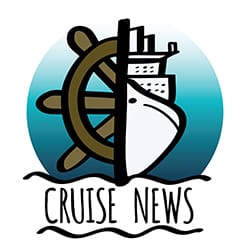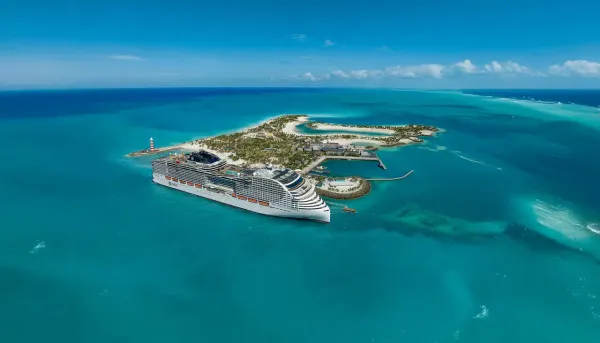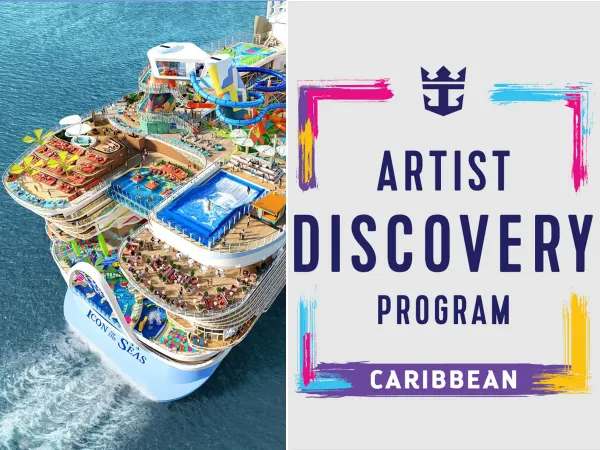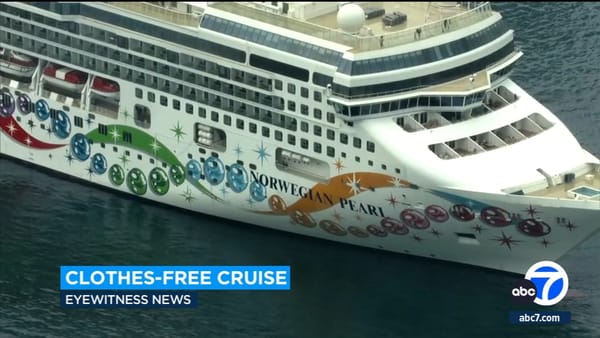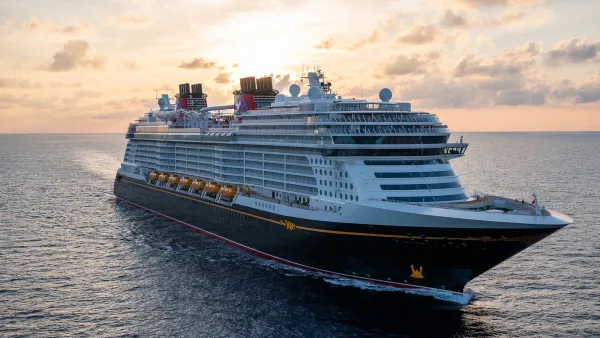Propulsion Failure Delays MSC World Europa in Mediterranean Near Ponza
The propulsion issue aboard MSC World Europa highlights both the challenges of advanced cruise ship technology and the importance of coordinated emergency response in busy Mediterranean waters.
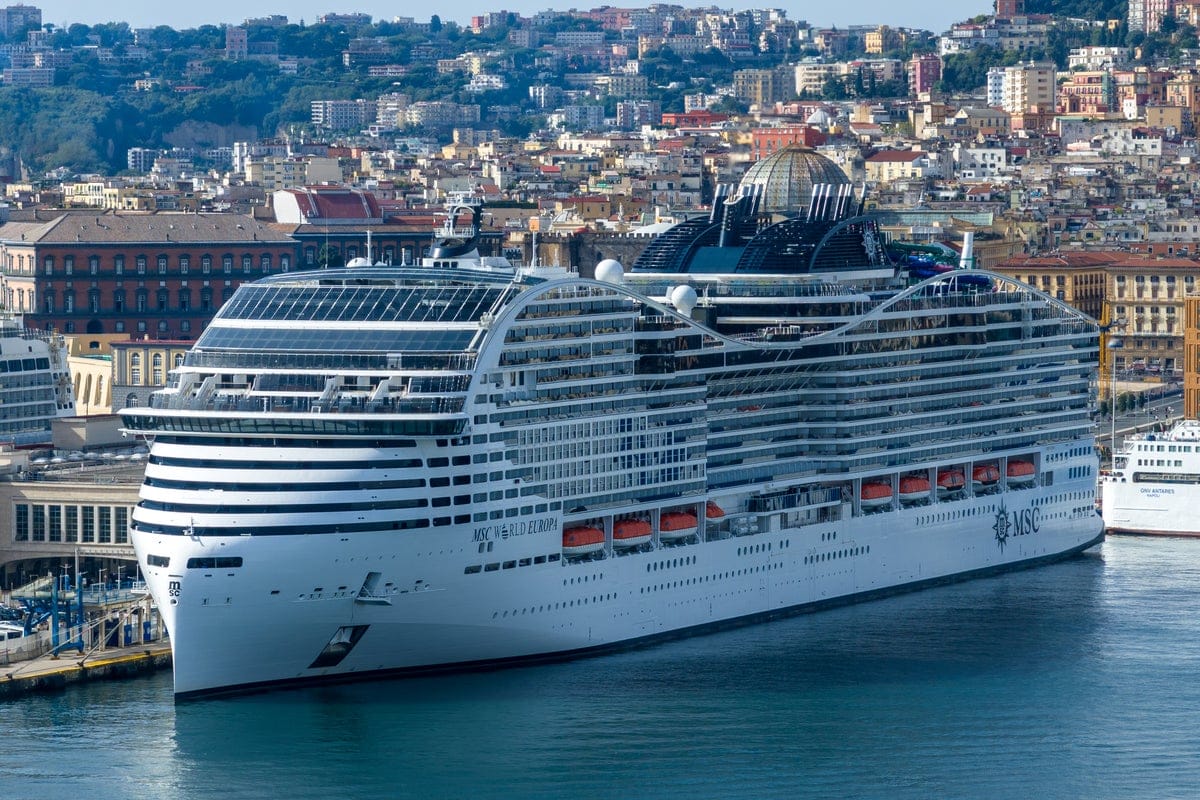
Thousands of passengers aboard the MSC World Europa, one of the world's largest cruise ships, experienced a propulsion failure early on August 25, 2026, while sailing in the Mediterranean Sea. The incident occurred approximately eight nautical miles southwest of Ponza, Italy, as the ship traveled from Genoa to Naples during its seven-night Western Mediterranean itinerary.
Details of the Incident
At around 5:30 a.m. local time, passengers observed the vessel coming to a sudden stop due to an electrical issue affecting its LNG-powered engine and Azipod propulsion system. (Official authorities were notified shortly thereafter around 7:30 a.m.) The Italian Coast Guard responded swiftly by dispatching two patrol boats, an AW139 helicopter, and tugboats as precautionary measures. Coast Guard officers boarded the vessel to assess the fault and monitor onboard conditions.
Despite the propulsion loss, the ship’s backup generators ensured that essential services, including lighting, air conditioning, kitchens, and safety systems, continued to operate, maintaining order on board. The crew promptly communicated with the passengers, alleviating initial concerns and restoring calm.
Resolution and Subsequent Delays
Technicians onboard were able to restore partial propulsion by early afternoon, allowing the vessel to proceed toward Naples at approximately 15 knots. With a Coast Guard escort for added safety, the MSC World Europa arrived at Naples Port at 9:00 p.m., eight hours later than its scheduled docking time of 1:00 p.m. The delay disrupted travel plans for passengers disembarking as well as for those set to embark for the next leg of the journey.
The vessel’s itinerary, which includes stops at La Valletta, Malta; Barcelona, Spain; Marseille, France; and Genoa, Italy, is currently under review pending inspections and operational clearance. Disembarkation and embarkation processes were handled smoothly with the coordination of port authorities, despite shifts in schedule.
Cruise Line and Coast Guard Statements
In its official statement, MSC Cruises assured passengers that safety was not compromised at any point during the incident. “MSC World Europa is sailing with its propulsion system partially restored, following a previously encountered technical issue. A thorough technical inspection will be carried out as soon as the ship reaches Naples. All onboard services continue to operate regularly, and there are no conditions that compromise the safety of guests or crew.” The cruise line pledged a rigorous assessment of the propulsion system to pinpoint and address the root cause before resuming its itinerary.
Italian Coast Guard officials emphasized that the ship remained stable and under control throughout the rescue and recovery mission. Their swift deployment of resources, including tugboats ready for towing if needed, showcased preparedness for such maritime emergencies while ensuring passenger safety.
About MSC World Europa
Launched in 2022 and built by Chantiers de l'Atlantique, the MSC World Europa holds the distinction of being the largest ship in MSC Cruises’ fleet, with 215,863 gross tons and measuring approximately 1,094 feet in length. It accommodates 8,585 passengers and crew combined, 6,496 guests and 2,089 crew members, and is powered by liquefied natural gas (LNG), a cleaner-burning alternative to conventional marine fuels. Its advanced Azipod propulsion system represents cutting-edge efforts to improve energy efficiency in modern cruise ships.
The MSC World Europa belongs to MSC’s World Class series, engineered for sustainable maritime travel. Its design aims to balance luxury with environmental responsibility, though this incident underscores the complexity of managing highly sophisticated systems. While the failure prompted questions within the cruise industry regarding technological reliability, MSC Cruises has reaffirmed its commitment to stringent maintenance practices and robust operational safeguards.
Frequently Asked Questions (FAQs)
What caused the propulsion failure aboard MSC World Europa?
An electrical malfunction in the LNG-powered engine system and Azipod propulsion units disrupted the ship’s ability to maintain propulsion. Backup generators ensured essential services remained operational.
Was passenger safety ever at risk?
According to statements from MSC Cruises and the Italian Coast Guard, passenger safety was never compromised. The vessel remained under control, and essential services continued functioning throughout the incident.
How did the Italian Coast Guard respond?
Two patrol boats, an AW139 helicopter, and tugboats were dispatched to assist. Coast Guard officers boarded the vessel to assess conditions and oversee safety precautions. Tugboats were prepared to tow the vessel if necessary.
Will this impact the ship’s itinerary?
Itinerary adjustments may occur depending on inspection outcomes and operational readiness. Ports of call, including La Valletta, Barcelona, and Marseille, remain under review to minimize disruptions to the schedule.
What measures are being taken to prevent similar incidents?
MSC Cruises has initiated comprehensive technical inspections to diagnose and rectify the issue. The incident has reinforced the importance of regular maintenance and operational vigilance in handling advanced maritime technologies.
